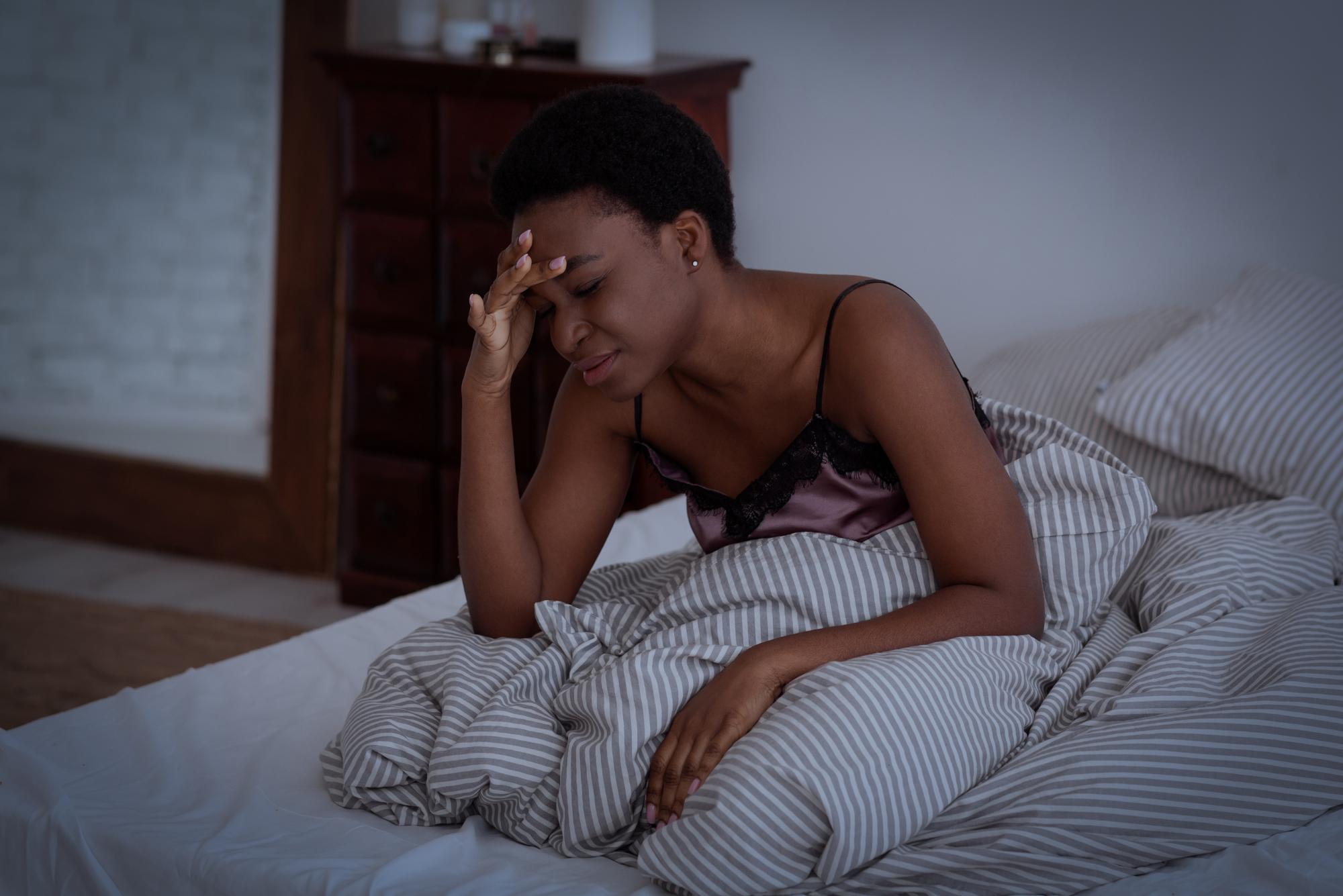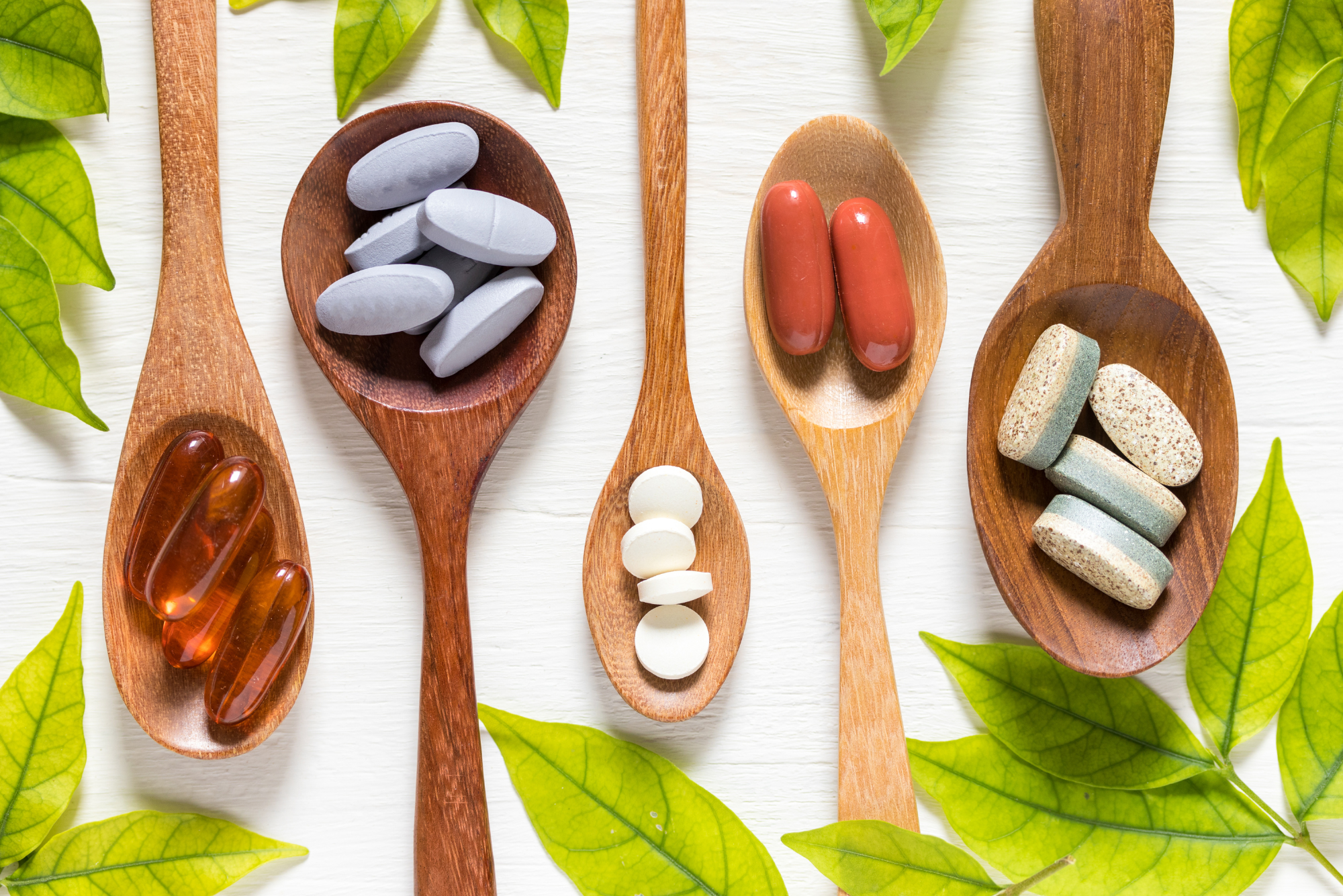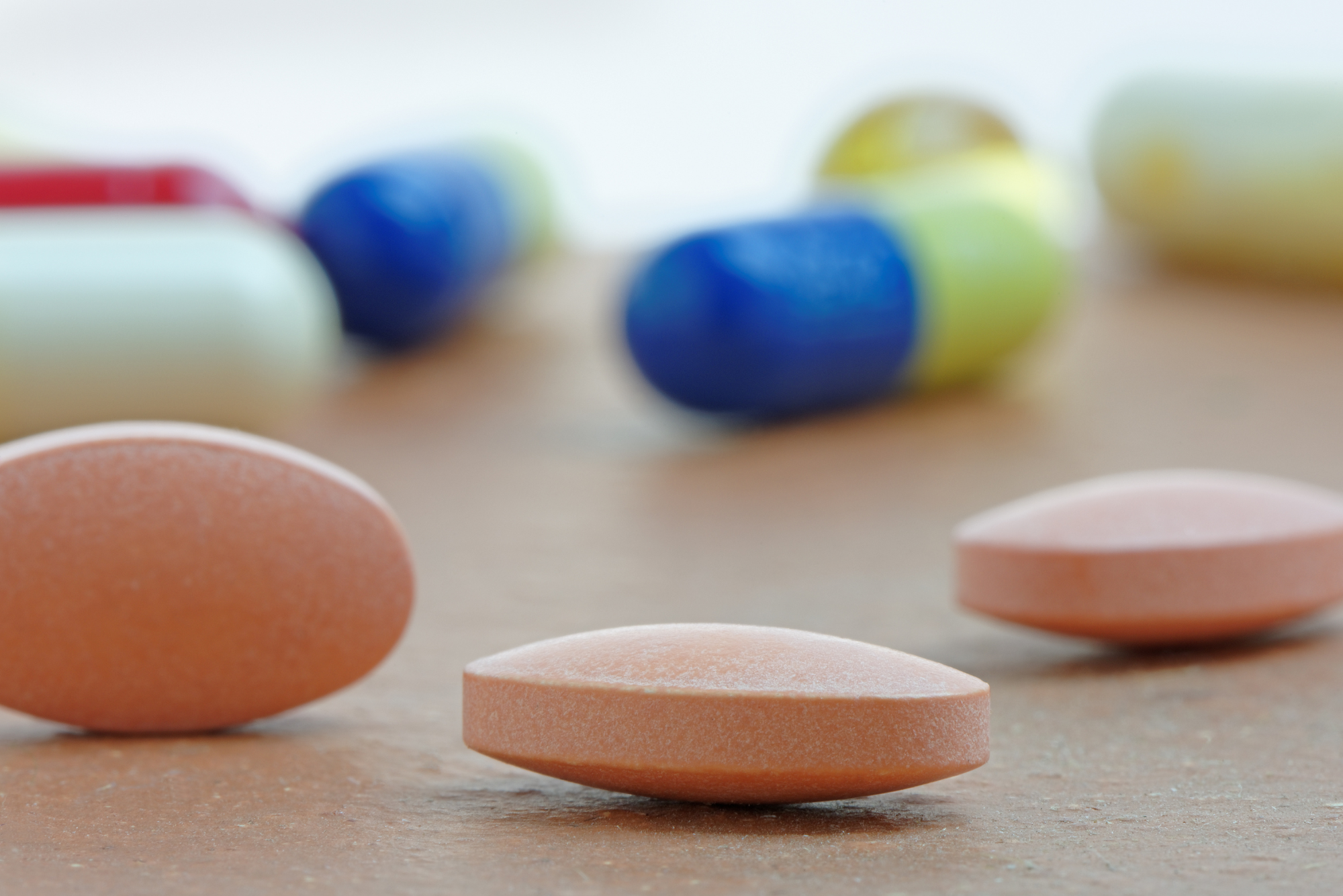Over half of all Americans start their day with a cup of coffee or tea.
When you have a long day ahead, you may feel like that streaming mug makes all the difference. In fact, there are several ways we can consume caffeine throughout the day.
But if you find yourself asking, How long does it take for caffeine to kick in?, I implore you to consider a different question first: Are you using caffeine as a substitute to achieve the energy and focus you lack because you’re not getting enough rest?
In other words, are you using coffee as liquid sleep?
How Long Does it Take for Caffeine to Kick In?
The answer to the question “How long does it take for caffeine to kick in?” is pretty straightforward. For most people, caffeine kicks in about 15 minutes after consumption and reaches its maximum effect in 30–60 minutes.
But let’s get more specific. When we say “kick in,” we’re actually describing a process with three distinct characteristics.
- How fast caffeine absorbs into your body — This part of the process varies very little from person to person.
- How many milligrams of caffeine are needed to produce an effect — This varies tremendously from person to person. It’s why one person might only feel slightly more alert after a cup of coffee and another might feel jittery and anxious.
- How long the caffeine stays in your body — This also has a high variability in individual response. It’s why one person can drink tea before bed and fall asleep without any problems, and why someone else drinks a cup of coffee at 2 p.m. and can’t fall asleep at 9.
The second and third characteristics of this process contain a very high level of individual variability. How is that variability determined?
What Determines Caffeine Variability?
Individual Factors
The effect of caffeine depends on only two known personal factors: body weight and use history.
Your body weight is a determining factor for the effect of any chemical, since dosages are measured in milligrams per kilogram. Your history with caffeine is also important because, with habitual use, your metabolism changes and begins to process caffeine faster.
Beyond those two factors, there’s enormous individual variability we can’t account for. We’re all genetically different, and very simply, different people have different responses to different substances.
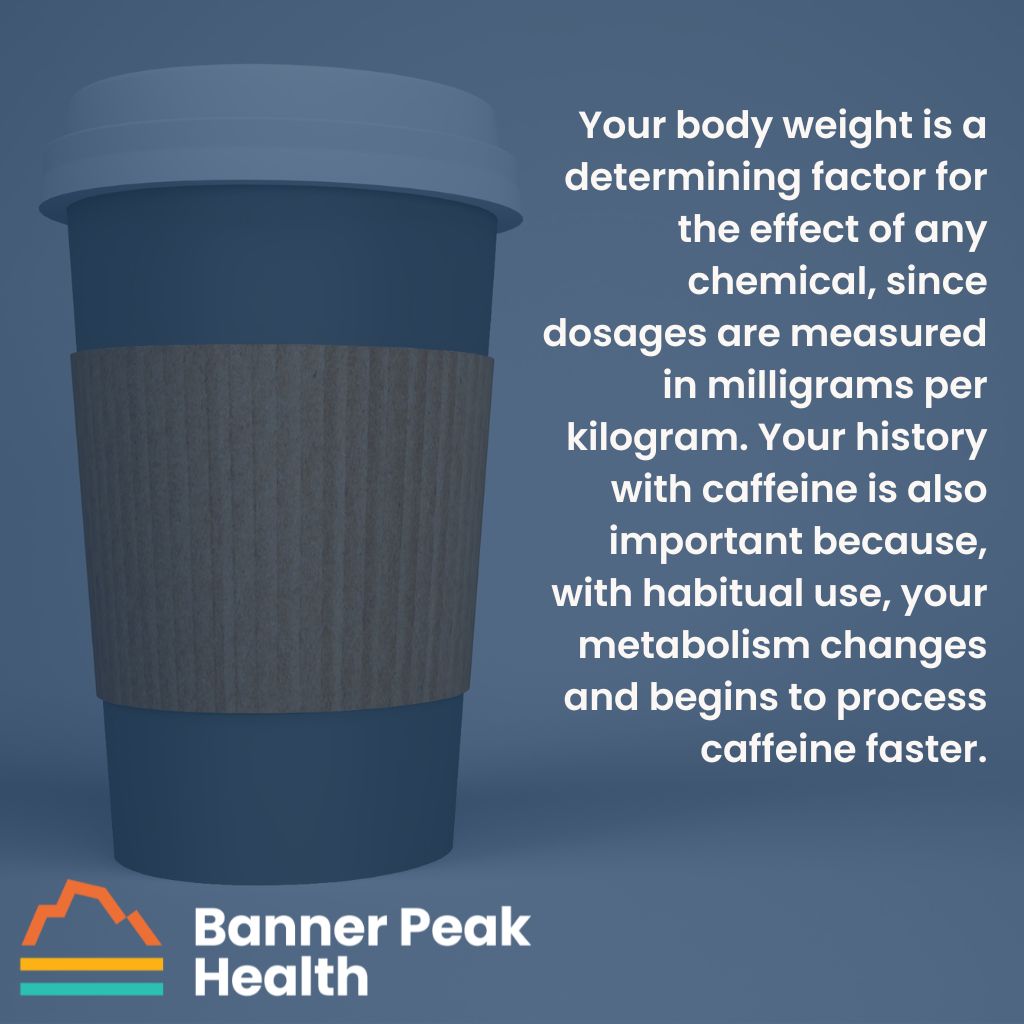
Half-Life
Half-life is another crucial piece of this puzzle and is one of the most variable aspects of how caffeine affects us.
Half-life is defined as the amount of time it takes for a substance in your body to be reduced by 50%. This ranges from 1.5 to 9.5 hours for equal amounts of caffeine.
This also means it could take between six and 38 hours for different people’s bodies to clear the same amount of caffeine. To put that into perspective, two different people could drink the same cup of coffee at the same time for the same amount of time, and one person might feel the effects for six hours while the other person continues to feel the effects of that single cup o’ Joe for a full 38 hours!
This wide variance in half-life is not unique to caffeine. That’s why it’s so important to be cognizant of the potential treatment and side effects of any drug, especially a drug that’s new to you.
As we seek the benefits of caffeine, including alertness, energy, better mood, and focus, we’re also at risk for side effects of anxiety, insomnia, headaches, and heart palpitations. Although caffeine is a part of our everyday lives, it’s important to remember it’s still a drug with potential side effects.
Your Individual Experience With Caffeine
Even though “How long does it take for caffeine to kick in?” is such a common question, most of us know from our own experience how long it takes for us to feel the effects of a cup of coffee or tea. We also know how much we can drink before we start to feel uncomfortable.
We have so much experience with caffeine as a chemical that we can understand our tolerances and adjust our consumption accordingly. Some people are more sensitive to the chemical and have to exercise more discretion. My wife and I, for example, have to avoid even dark chocolate after lunchtime for fear of it keeping us awake too late. Other people can chug an espresso at 10 p.m. and be snoring by 11.
Our familiarity with caffeine allows us to view the risks and benefits with less concern than we would with, perhaps, a medical prescription.
However, although prescription drugs demonstrate the same variabilities in intensity and duration from person to person that caffeine does, they are commonly prescribed in standard dosages based on very little information rather than in customized dosages based on individual history.
I think this proves why we need a healthcare system with more robust communication and observation. As with your individualized experience involving caffeine, healthcare should offer you individualized dosages and results for every medication that you establish.
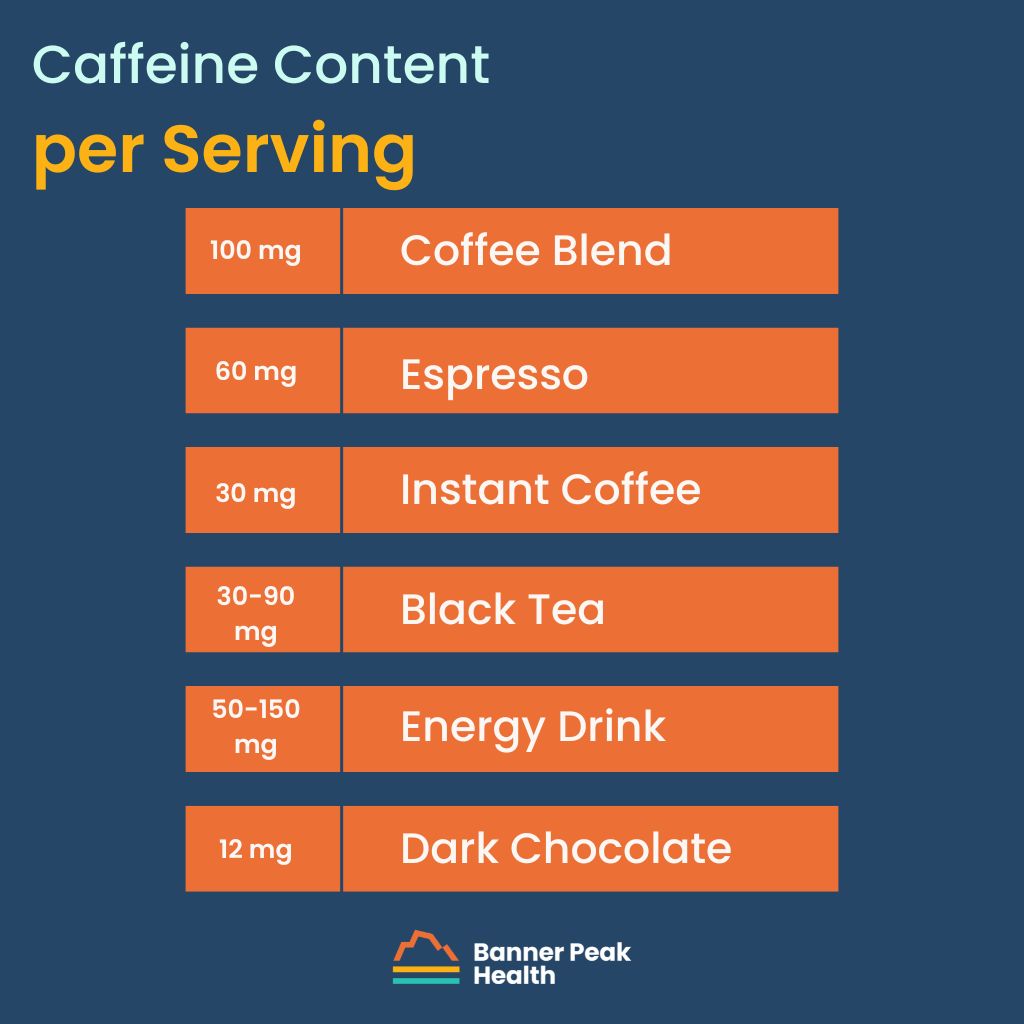 Personalized Healthcare
Personalized Healthcare
What concierge medicine offers that the conventional healthcare system cannot is time spent with each patient to gather the information necessary to provide the best, most personal care possible.
I want to understand your history as completely as I can so I’m able to make the best possible decision about your treatment. Rather than seeing you for a 10-minute appointment, hearing a quick rundown of your symptoms, and writing you a prescription, I may spend an hour speaking with you before I make a recommendation. I’ll also be available if you encounter questions about your medication.
Just like your current caffeine intake, every prescription should be customized to the individual. That requires information gathered over time, which is something our current healthcare system simply can’t support.
Today’s Takeaways
- If you need caffeine daily, ask yourself if you’re getting enough sleep.
- If you’re asking “How long does it take for caffeine to kick in?” because you want it to kick in faster, know that an empty stomach allows for faster absorption.
- Understand caffeine’s potential side effects — anxiety, insomnia, headaches, and heart palpitations — and, if you experience them, reexamine the quantity and timing of your intake.
Caffeine isn’t dangerous for most people. It’s sometimes perceived as a guilty pleasure, but doctors have spent generations trying to prove that long-term use of caffeine is bad for you — and they’ve found just the opposite. It’s actually been shown to have many health benefits, such as decreasing your risk of type II diabetes and depression, to name a few.
So, caffeine’s not a guilty pleasure after all. Just a pleasure. Enjoy your coffee, tea, and chocolate — in moderation, of course!
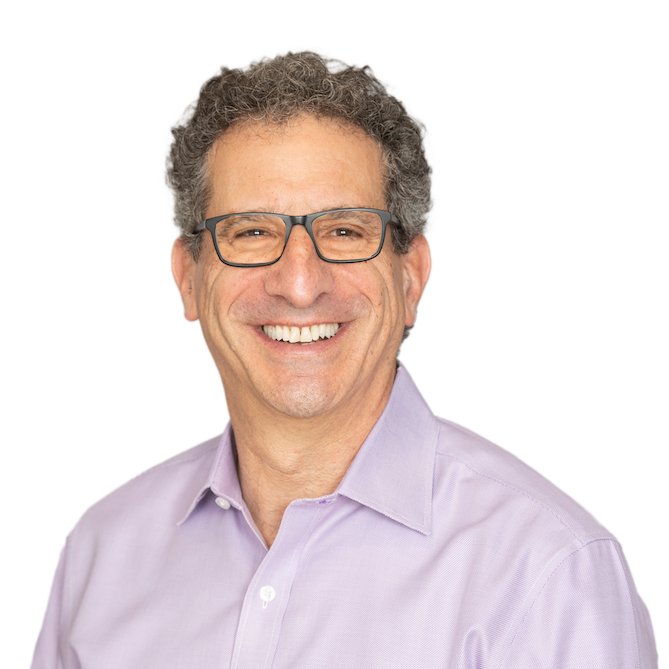
Barry Rotman, MD
For over 30 years in medicine, Dr. Rotman has dedicated himself to excellence. With patients’ health as his top priority, he opened his own concierge medical practice in 2007 to practice medicine in a way that lets him truly serve their best interests.
